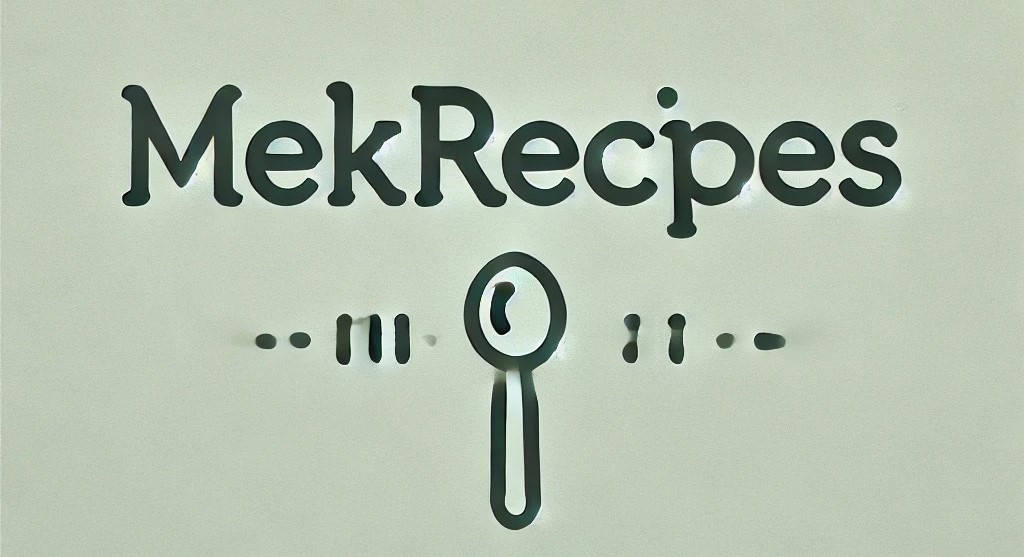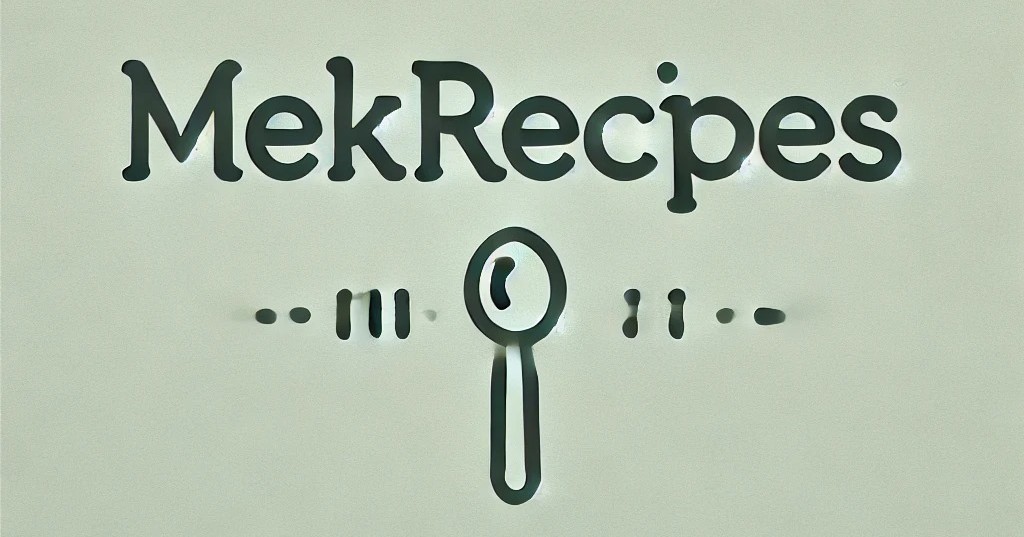It’s not typically that small meals and beverage creators supply heartfelt because of attorneys, however Detroit’s Tom Burns at all times was an exception to the rule. Burns labored tirelessly for years on behalf of a number of small craft brewers, litigating towards the state of Michigan and interesting to vary its antiquated liquor legal guidelines. Burns, together with Detroit beer champions comparable to Motor Metropolis Brewing Works’ John Linardos, led to Michigan’s craft brewing renaissance within the Nineteen Nineties.
Burns, Linardos, and Ben Edwards had been pivotal in securing microbrewing licenses in Detroit for the primary time after Prohibition, a results of tireless lobbying and stubbornness. In recognition of his service, annually the Michigan Brewers Guild presents the Tom Burns Award to an individual who embodies the pioneering spirit of Michigan’s brewing business.
Lengthy earlier than Burns paved the best way, although, Detroit’s brewing historical past weathered the storms of temperance, Prohibition, big-business brewery buyouts, and the demise of small breweries. From town’s mid-Nineteenth century German brewers to right now’s vibrant taprooms, the dedication to conventional strategies and flavors stays a linchpin in Detroit’s brewing historical past.
A Brewing Renaissance
As in lots of Midwestern cities, Detroit’s earliest brewers made small batches of gentle ales, stouts, and porters. The Detroit Historic Society podcast “Untold Detroit: Beer” tells the story of town’s beer barons as a part of its examination of Detroit’s brewing historical past: from humble German origins, breweries comparable to Stroh’s, Goebel, and Pfeiffer expanded properly into the twentieth century. Prohibition laid waste to most of the metropolis’s smaller breweries. Continued enlargement and conglomeration had been the rule all through the Nineteen Forties, 50s, and 60s, and by the Eighties, huge nationwide chains ran the present. On the similar time, a quiet motion that started on the West Coast was making its method inland, as devoted homebrewers resurrected previous recipes and catered to a ingesting public searching for hand-crafted, nuanced beers that harkened again to the ales, porters, and stouts of yesteryear.
Once more, Burns, Linadros, and Edwards had been a part of that brewing renaissance. Edwards owned the Site visitors Jam and Comfortable in Midtown Detroit (then known as the Cass Hall), the place he made artisanal cheese and bread onsite. His subsequent logical step was so as to add beer to the combo. However the Michigan Liquor Management Fee forbade the sale of beer on the premises, and the highly effective Wholesalers Affiliation lobbied onerous towards altering the legal guidelines. Burns, an avid homebrewer and self-described “recovering lawyer,” used his acumen—and endurance—to advocate for a change in legal guidelines that might enable brewpubs to exist.
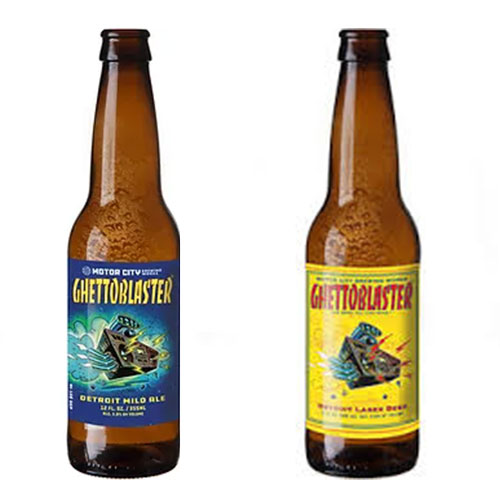
It took years, however they succeeded. In Could 1992, Burns and Linardos began the Detroit & Mackinac Brewing because the brewhouse for Site visitors Jam throughout the road. However although the brand new legal guidelines allowed for on-premise brewing, distribution was nonetheless a problem. Linardos spent a lot of the early days delivering kegs to native eating places from the again of his van. Says Linardos, “The wholesalers had been simply not constructed for a startup brewery, they usually weren’t constructed for model constructing. The distribution community was simply an animal that was not designed for bootstrapping.”
When Burns handed away of most cancers simply two years later, Linardos assumed the constructing lease and altered the title to Motor Metropolis Brewing Works, producing their landmark English gentle ale Ghetto Blaster starting in 1997. He had some work to do convincing Detroiters to strive it out, although. “Detroit within the 90s,” asserts Linardos, “was a fairly robust market. It was golden, mass-produced beer, so a whole lot of palates weren’t acclimated to what the craft motion was making an attempt to do.”
A Craft Vibe
Earlier than too lengthy, Midwestern palates caught up with the motion, and the late Nineteen Nineties and early 2000s noticed a wave of big-budget craft breweries. Concurrently the tech and dot-com startups had been constructing steam, buyers had been pouring cash into native breweries comparable to Novi’s Native Shade, Atwater Brewery, and Large Buck Brewery. “Folks had been flush with capital, they usually had been simply constructing these behemoth breweries, they usually didn’t know what they had been doing,” says Linardos. “A variety of them went out of enterprise” when the 2008 recession hit.
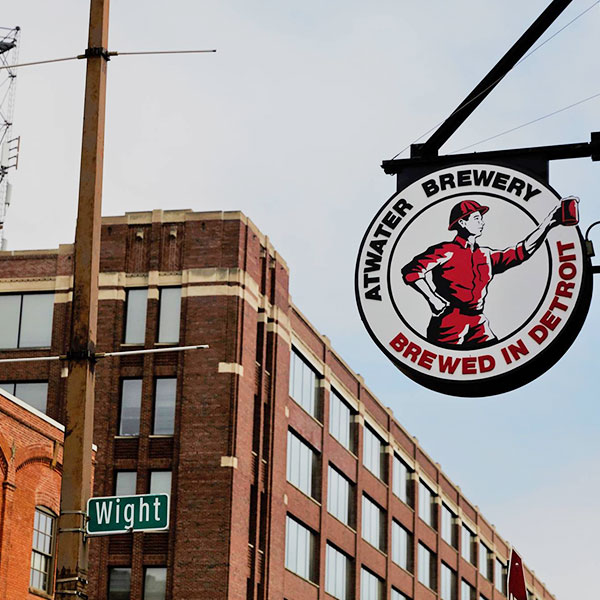
If Motor Metropolis and Site visitors Jam (which has since bought to a brand new proprietor, then shuttered after a 2022 fireplace) had been the primary wave of Detroit’s brewing renaissance, and the big-money breweries established the second wave, then the third wave got here within the 2010s with a torrent of smaller, neighborhood brewpubs. For Linardos, that was one of the crucial thrilling instances to be within the business. “There was a interval from round 2012 to 2017 when it was simply blowing up,” he stated. “Everyone making all these loopy interpretations of ales and lagers the place the entire world was watching. It was a motion.”
Tim Costello was an lively participant in that motion to deliver a greater diversity of beer types to metro Detroit drinkers. He opened his craft beer retailer, 8 Levels Plato, in Ferndale in 2011. The artsy near-suburb of Detroit was the proper match for his mission to assist small brewers distribute their product to a wider market. Instances had been totally different in 2011, says Costello. “At the moment, opening up only a craft beer retailer was form of uncommon,” he recollects.
Since then, Costello has established a mixed retailer and taproom in Detroit correct in 2015 and closed down the Ferndale location. The taproom at 8 Levels Plato serves a rotating record of drafts that modifications weekly. Costello’s prospects are desirous to strive new beers from breweries they haven’t encountered earlier than; many come from out of state to take a look at Detroit’s vibrant beer scene. State residents and guests flock to eight Levels Plato and different Detroit spots comparable to taprooms Jolly Pumpkin and Grand Trunk Pub, each of which host greater than 20 Michigan beers on faucet.
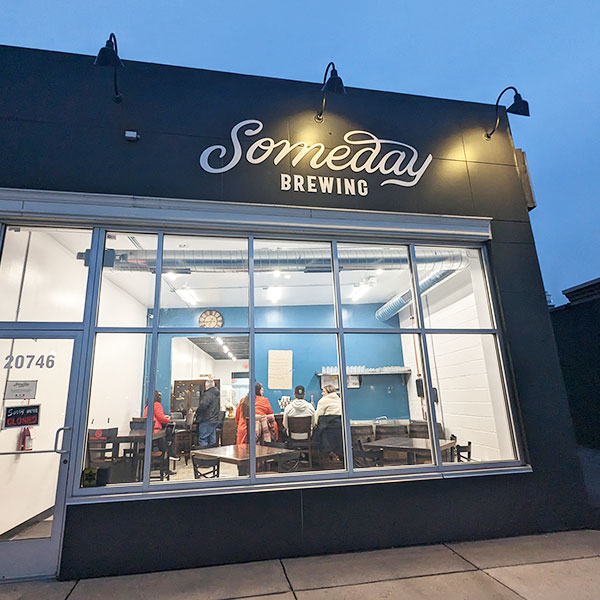
The Detroit beer scene, in line with Costello, is fueled by “a whole lot of creativity, a whole lot of sharing, just a little little bit of pleasant competitors. Everybody’s making an attempt to do one thing just a bit bit totally different, and the breweries themselves are excellent at serving to one another and doing collaborations.”
One brewery Costello likes to spotlight collaborates with different breweries throughout southeast Michigan. Sometime Brewing in Grosse Pointe Woods labored with Troy’s Loaded Cube Brewing to craft Dank Angeles, a West Coast-style IPA with Citra, Mosaic, and HBC 586 hops. Sometime has additionally paired up with Cadillac Straits to brew a Midwest IPA known as Riwaka Eddie with Riwaka hops, and with New Order Espresso to create Every day Grind, a light-weight blond ale with a tinge of Finca Medina espresso.
For Costello, “that’s what the craft business is all about: folks serving to out one another and making an attempt to get issues going. It’s been a whole lot of enjoyable to be part of that community, since you’re seeing individuals who nonetheless have that craft vibe, which I don’t assume you see in an entire lot of different industries.”
A Concentrate on Neighborhood
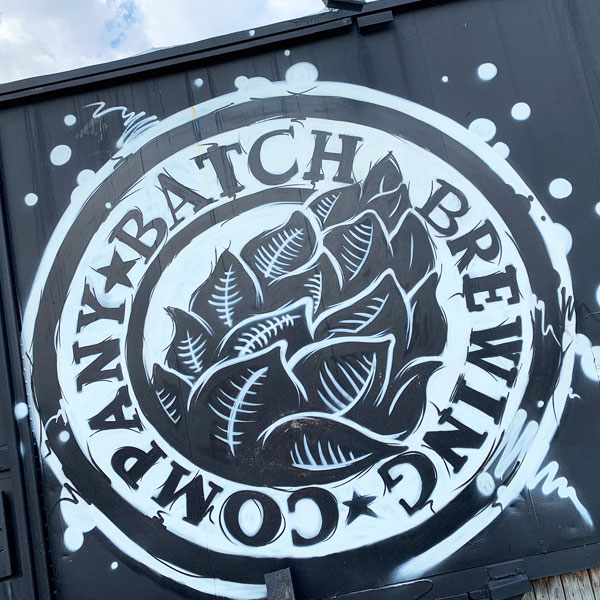
In Detroit, brewers make neighborhood a central a part of their work. Batch Brewing Firm opened its Corktown taproom in 2015 and shortly after established the Really feel Good Faucet, a rotating faucet that donates $1 from every buy to a unique nonprofit every month. Batch additionally opens its doorways and its kitchen to rising cooks, pop-ups, and eating places in momentary want, like Taqueria El Ray, a beloved neighborhood restaurant that served out of Batch’s kitchen for a number of years whereas it rebuilt its unique dwelling after a 2022 fireplace.
Additionally they work with smaller and cross-state brewers to create new brews for good causes: Mi Gente is a collaboration between Batch and Grand Rapids’ Metropolis Constructed Brewing. The West Coast IPA celebrates Latino and Hispanic brewers and a portion of the proceeds goes to nonprofits that assist Latino causes.
Based on Batch proprietor Stephen Roginson, “We’ve made neighborhood the middle of how we exist. It’s not a mission assertion, check-the-box form of dedication, however one that’s in our DNA … Caring deeply about our neighborhood and metropolis stays an important factor we do as a model, and we get that kindness and affection again tenfold from our prospects.”
Specializing in the fast neighborhood has labored for breweries in Detroit throughout this third wave of the business. Smaller taphouses like Brewery Faisan within the rising Islandview neighborhood, Urbanrest in Ferndale, and Lagerhaus No 5 in Japanese Market have change into the de facto third locations. “I liken it to the native bakery,” says Linardos. “There’s at all times a necessity for a extremely good native bakery. I simply assume you might want to be considering small, keep small, and be servicing your yard” so as to succeed as a brewer.
One in all Detroit’s latest brewery homeowners agrees. Will Mundel is within the ultimate levels of opening Florian East Lagers & Ales in Hamtramck, which is technically a separate municipality however is totally surrounded by town of Detroit. He too finds that the present beer client isn’t as concerned about fiddly particulars. Now, the typical beer client is educated sufficient to know the distinction between a West Coast and New England IPA. “Hamtramck is a blue-collar city that drinks blue-collar beers,” says Mundel. “We’re not making an attempt to vary the ingesting tradition, solely take part inside it and make it extra of a domestically produced place,” with a first-year purpose of utilizing 85 % Michigan-grown hops, rising the proportion annually. Florian East has 10 beers on faucet, specializing in English cask ales and lagers.
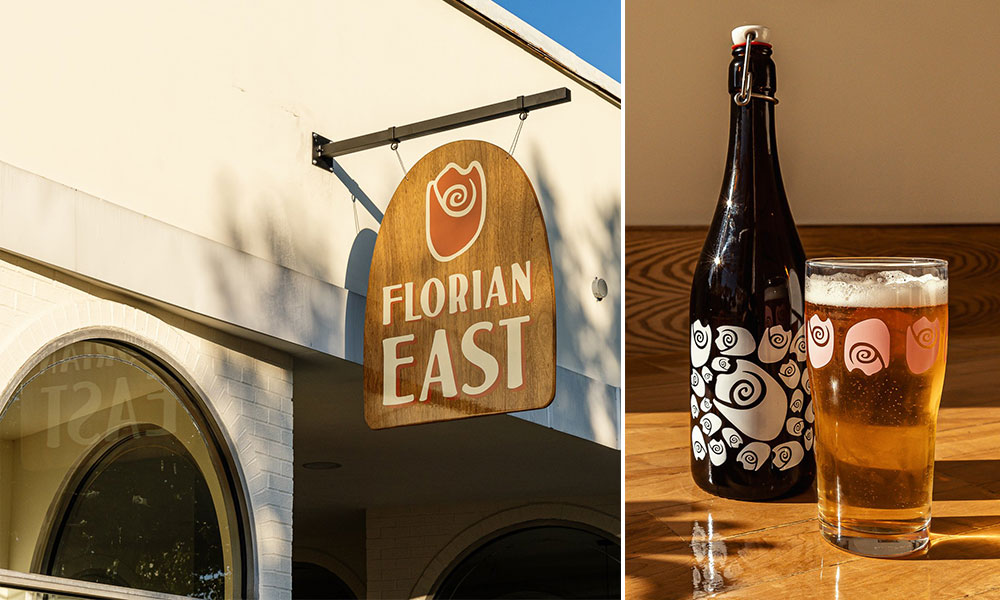
Mundel compares the native taproom to a espresso store. He needs the environment to be snug and non-intimidating: an anti-beer-snob atmosphere. “For those who go to a espresso place, they don’t beat you over the top with what sort of beans you’re ingesting,” he says. “It’s a part of the house, but it surely’s not the primary dialog. And I really feel like beer must be that as properly.”
“We’re at a maturation level the place the beer must take just a little step backwards and be extra in regards to the house and be just a little bit extra in regards to the folks that you simply’re with,” Mundel added.
Linardos agrees that “there’s at all times going to be room for somebody who’s bought the fervour and is sweet at it, in the event that they’re in the proper location.” As town experiences its personal renaissance—Detroit’s inhabitants grew from 2022 to 2023, for the primary time since 1950—so can also new breweries discover their place within the native ecosystem. Linardos and different mainstays are welcoming to new brewers, typically providing recommendation and help to assist navigate rules and startup prices.
Linardos has been brewing in Detroit longer than anyone else by now. Though he jokes that he must “at all times watch out to not stick round too lengthy,” he’s nonetheless pleased with what he and his fellow brewers have achieved through the years.
CraftBeer.com is absolutely devoted to small and impartial U.S. breweries. We’re printed by the Brewers Affiliation, the not-for-profit commerce group devoted to selling and defending America’s small and impartial craft brewers. Tales and opinions shared on CraftBeer.com don’t suggest endorsement by or positions taken by the Brewers Affiliation or its members.
